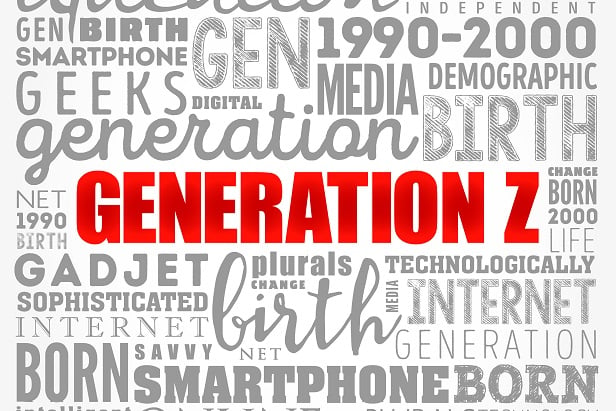 “Gen Z is bringing new expectations to the workplace, driven by their digital upbringing as well as their self-identified emotional barriers to success,” says one researcher. (Photo: Shutterstock)
“Gen Z is bringing new expectations to the workplace, driven by their digital upbringing as well as their self-identified emotional barriers to success,” says one researcher. (Photo: Shutterstock)
Gen-Z has something to say about their working ethic. According to a new report, Meet Gen-Z, from the The Workforce Institute at Kronos and Future Workplace shows that Gen-Z things they are the hardest-working generation.
One-third (32percent) of Gen-Z believe they are the hardest-working generation ever with millennials ranking as the second-hardest working generation at 24 percent. Almost two-fifths (36 percent) of Gen-Zers believe they “had it the hardest” which is tied with the Silent Generation (ages 75-94), which generally began entering the workforce during or just after World War II.
Related: 10 hardest-working states in America
Continue Reading for Free
Register and gain access to:
- Breaking benefits news and analysis, on-site and via our newsletters and custom alerts
- Educational webcasts, white papers, and ebooks from industry thought leaders
- Critical converage of the property casualty insurance and financial advisory markets on our other ALM sites, PropertyCasualty360 and ThinkAdvisor
Already have an account? Sign In Now
© 2024 ALM Global, LLC, All Rights Reserved. Request academic re-use from www.copyright.com. All other uses, submit a request to [email protected]. For more information visit Asset & Logo Licensing.








